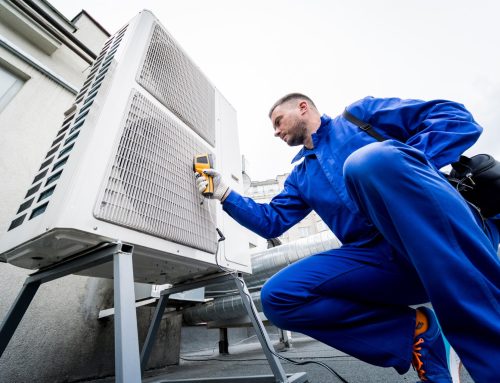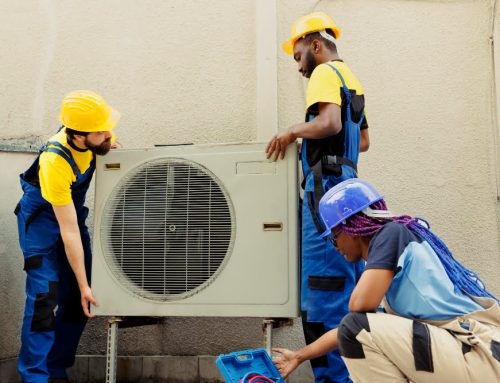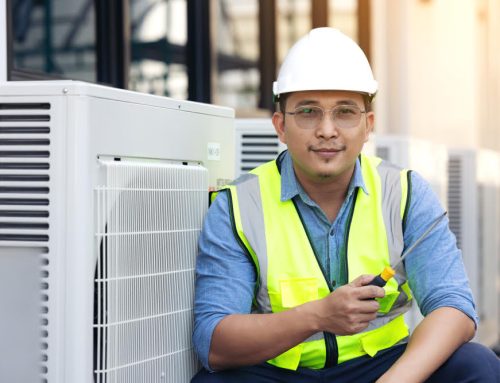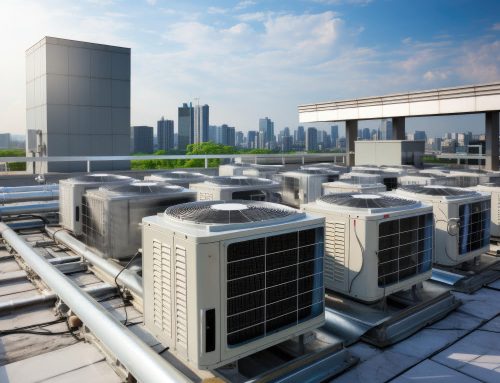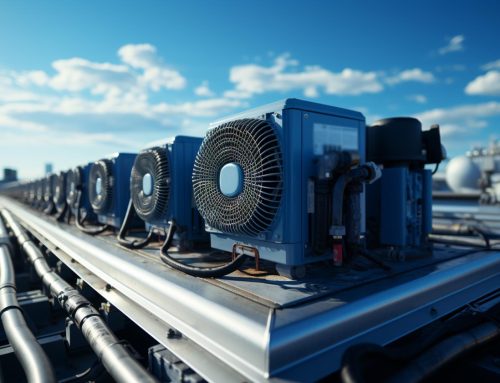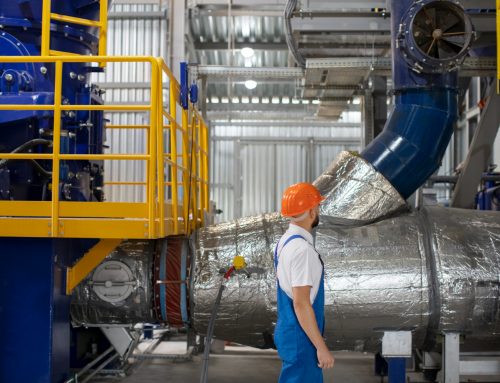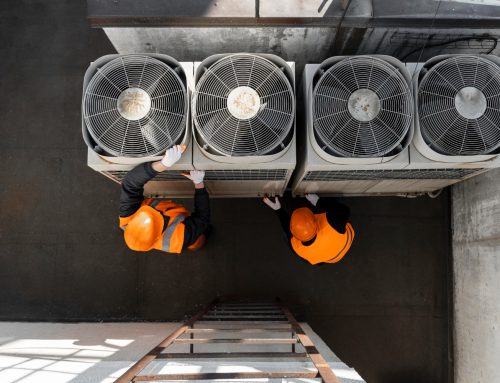All About HVAC System
What is an HVAC System?
HVAC is an acronym for Heating, Ventilation, and Air Conditioning. It’s basically the system that keeps buildings cozy and running smoothly. Picking the right HVAC for your place? It all depends on stuff like location, age, size, and purpose. This guide breaks down the types of HVAC systems and how they can level up your building’s performance.
Different Types of HVAC Systems
There are many different types of HVAC system. They can use different types of fuel, have different setups, cost different amounts, and be more or less efficient. Knowing about all the different types can help you pick the best one for your building.
Single-Split Systems
Single-split systems? They’ve got one outdoor unit paired with one indoor unit. The outdoor part rocks a condenser and compressor, while the indoor one has an evaporator and fan. These units are connected by lines that carry a special fluid called refrigerant. This fluid helps move heat from inside the building to the outside. Single-split systems are good for smaller buildings that have space inside and outside for the units. They don’t cost too much and are easy to install and take care of.
Multi-Split Systems
Multi-split systems are kind of like single-split systems, except they have one outdoor unit linked to multiple indoor units. This lets you control the temperature in different areas, or zones, inside the building. Multi-split systems are good for larger buildings, like office buildings or hotels, where you might want different temperatures in different rooms. They can cost more to install and take care of because they’re more complicated.
Variable Refrigerant Flow (VRF) Systems
VRF systems are like multi-split systems, but they have advanced controls that can adjust the flow of refrigerant to meet the heating and cooling needs of different zones in the building. VRF systems are a good choice for larger buildings. They’re very energy efficient and can handle different heating and cooling needs with a flexible design. However, they depend on fancier controls, which can increase installation and maintenance costs.
Variable Air Volume (VAV) Systems
VAV systems use special devices to change the temperature and airflow in different areas of the building. This lets building managers control larger HVAC systems in a way that provides more comfortable temperature settings. VAV systems use dampers, or valves, at each space or zone that needs its own heating or cooling conditions. For example, a building that has large conference rooms and smaller spaces might need different HVAC settings. VAV systems provide the flexibility to meet these different needs. But they’re more complex to install and maintain.
Air Source Heat Pump Systems
Air source heat pumps use a series of coils and a compressor to move heat between the outside and inside of the building. These systems are efficient for heating and cooling in moderate climates. They don’t cost too much, are easy to install, and are good for places with limited space for equipment inside and outside. In places with extreme weather, you might need a backup heating system to make sure the building and people inside stay comfortable and safe.
Geothermal Systems
Geothermal HVAC systems tap into the earth’s heat to warm and cool buildings. They transfer heat using a fluid, such as water or refrigerant, circulating through pipes connecting the building to a heat source or sink underground. The heat source can be reached by drilling wells into the ground or by putting pipes in a body of water, like a lake. An electric-powered heat pump moves the heat to provide heating or cooling. Geothermal systems are very energy efficient, quiet, and have a low impact on the environment. They can cost a lot to install, but they can often qualify for incentives like rebates or tax credits that can help offset the cost.

Things to Consider When Upgrading Your HVAC System
Let’s talk about why choosing JMI Mechanical for your heating, ventilation, and air conditioning (HVAC) needs is a good idea. When you’re picking an HVAC system, there are a few important things to think about. You want a system that fits the size and layout of your building, is put in the right place, and meets your energy needs. Think about if you can use alternative energy sources like solar or geothermal power. Also, consider your goals for energy efficiency, like cutting emissions or saving money.
Another big thing to think about is the costs. You’ll need to think about how much it costs upfront for the equipment and installation, as well as the ongoing maintenance costs. More complicated systems often mean higher maintenance costs. JMI Mechanical can help you figure out all of these things and find the best HVAC solution for what you need.
Seeking Professional Assistance?
Working with a knowledgeable HVAC team from the start can help you choose the right system, make sure it’s designed and installed correctly, and set up a plan for regular and preventive maintenance. For expert advice, you can contact the professionals at JMI Mechanical!


